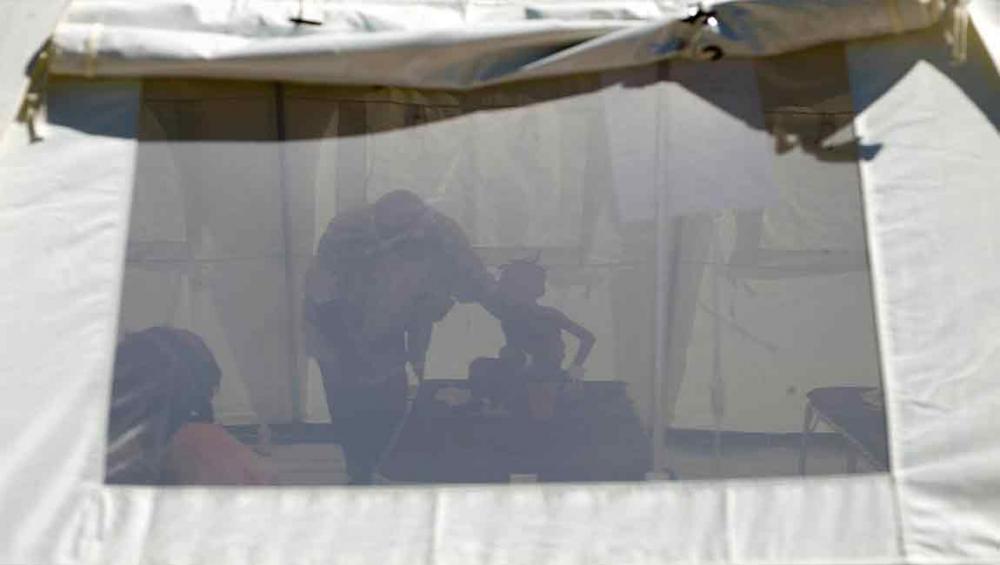Just Earth News | @@justearthnews | 14 Jul 2017, 05:03 am Print

UN Photo/ Logan Abassi
In a resolution adopted on Thursday, the General Assembly recognized the efforts made by the Organization in alleviating the cholera epidemic in Haiti, in particular through the new UN approach to cholera in Haiti and the decrease in the number of suspected cases as a result of intensified response efforts under the approach.
In addition, the Assembly underscored that maintaining the intensified cholera response and control remained “critical” and invited UN Member States, donors, financial institutions and the private sector to provide voluntary funding and support for the new UN approach.
The 193-member General Assembly also called for greater international and regional cooperation and technical assistance, including through bilateral, North-South, South-South and triangular cooperation.
Further in the resolution, the Assembly welcomed the intention of the Secretary-General to invite UN Member States to voluntarily direct their share of the unencumbered balance and other income for the UN Stabilization Mission in Haiti, known by its French acronym, MINUSTAH, to support the new approach.
MINUSTAH is drawing down its operations in Haiti and transitioning into a new, smaller follow-on presence to assist the Government in strengthening rule-of-law institutions, security sector and human rights monitoring.
The Assembly also called on the UN chief to “rigorously pursue and complete” the liquidation of the assets of MINUSTAH and when disposing of the assets, to consider their potential use by the UN country team and the Government in supporting the cholera response, as well as sustainable development of Haiti.
- Coffee and tea: This everyday drink may help protect your brain from dementia
- Happy Chocolate Day! The sweet secret behind chocolate’s hidden benefits
- Cambridge study finds menopause affects memory, mood, and sleep
- Nipah horror returns: WHO confirms death of a woman in Bangladesh
- Falling birth rates blamed on COVID shots? New research says think again





-1763561110.jpg)
